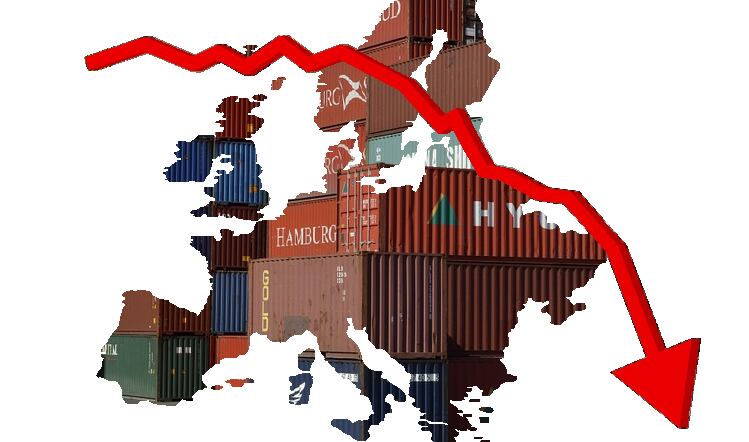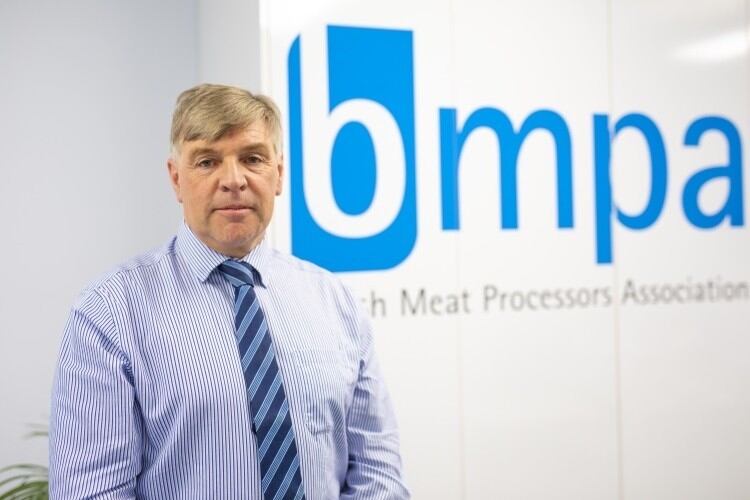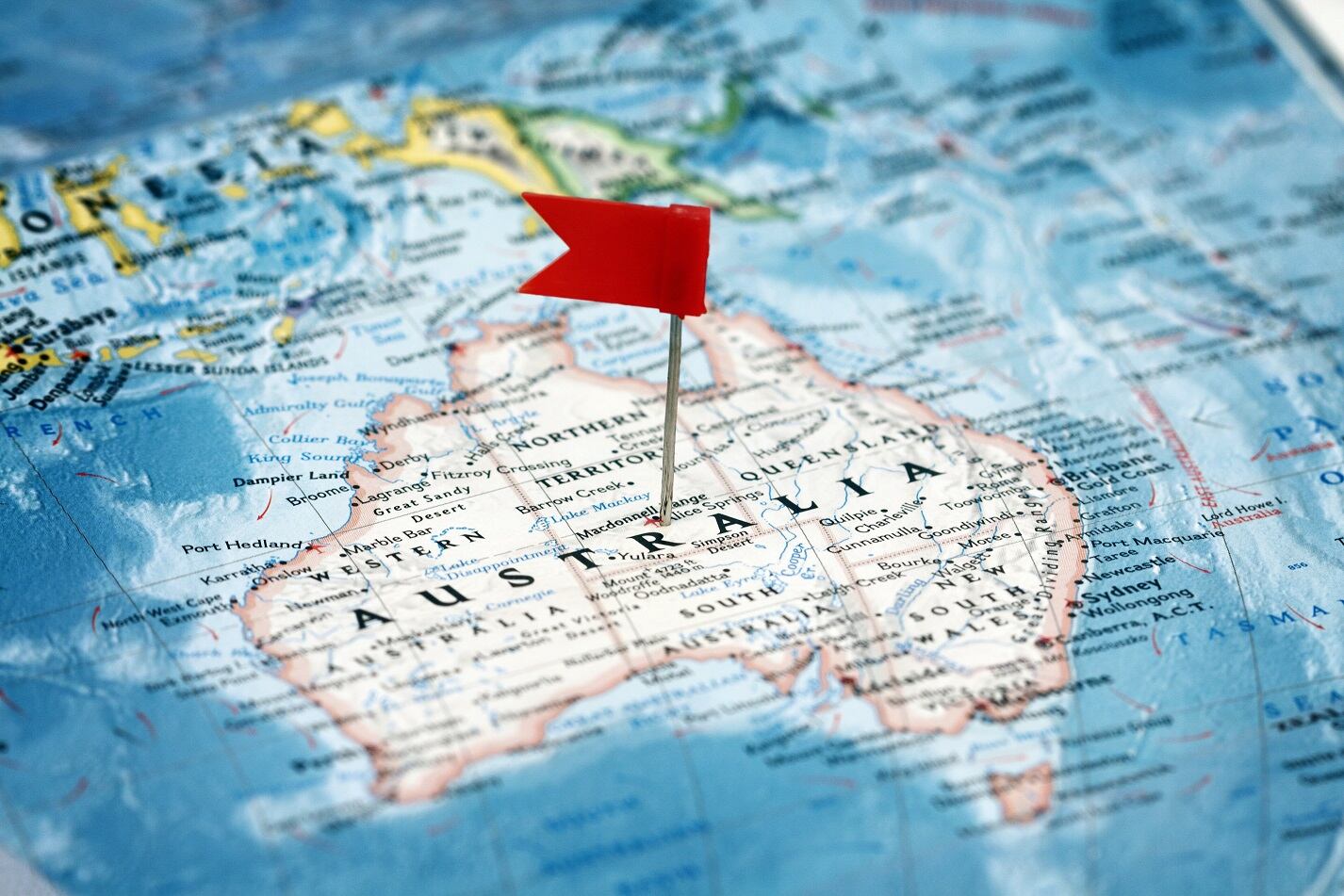Last month saw the UK government sign an FTA with New Zealand, eliminating tariffs and promising freer movement of professional workers. A similar deal was hashed out with Australia at the end of 2021.
Food and drink manufacturers showed a lack of confidence in future trade deals at this years’ Business Leaders’ Forum, sponsored by Columbus.
Scottish rural affairs and islands minister Mairi Gougeon warned of the damage the trade deals could have on Scotland’s agrifood sector by significantly undercutting domestic products due to lower production prices.
Shrink the sector
“To put it bluntly, this deal will shrink the size of the UK agriculture and semi-processed food sectors, which are larger as a share of the Scottish economy than for the UK as a whole,” said Gougeon.
“Your Government’s impact assessment confirms that this is the second post EU-Exit trade deal that will see growth fall, relative to what the sector would have seen otherwise prior the FTA, in the UK agriculture and semi-processed food sectors.”
She also raised concerns of mas imports of food from Australia and New Zealand flooding the UK market produced to different and, in some cases, lower standards. She also noted the Scottish Government concerns with animal welfare standards and the lack of ambition in the trade deals to tackle the development and spread of Antimicrobial Resistance.
Gougeon called for a full role for the Scottish government in all areas of FTAs, including the crucial decisions that are taken on tariffs and quotas. She argued it was the only way to be sure that Scotland’s interests were protected and that trade policy works for the whole of the UK.
Compromised interests
“All in all, it is hugely disappointing that these first “from scratch” trade deals have compromised the interests of Scottish farmers, crofters and food producers so comprehensively and in so many different ways,” she concluded. “These trade deals are evidentially not delivering the outcomes that people were promised if they voted to leave the EU.”
Meat Promotion Wales (HCC) also voiced its distaste for the Government’s FTAs agreed with Australia and New Zealand.
Speaking to members of Welsh parliament, HCC chief executive Gwyn Howells raised concerns surrounding the short-sightedness of increasing food imports from across the world while pushing for sustainability.
Sustainability anomaly
“It’s an anomaly that while sustainability is rightly driving future food and farming policy, there’s little discussion of food security,” said Howells. “It’s essential to count the carbon cost of food imported, allowing for the different production systems in other countries and the cost of transportation.”
“In Wales we have one of the most sustainable red meat agriculture sectors anywhere in the world. We need to find a policy sweet spot in the middle between producing food which drives economic activity and at the same time doing it in a sustainable way.”
Howells also discussed likely trade flows over the coming years. While he noted said that there were no immediate increases in import volumes from Australia, there were long-term trends that caused concern.
“Currently, production in Australia is low due to droughts, but livestock levels are forecast to rise in the coming years,” he added. “It’s true that significant exports from Australia and New Zealand are going to Asia at the moment, but that could change due to political circumstances, and there’s little future-proofing in these new trade deals for UK farmers.”





